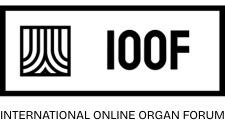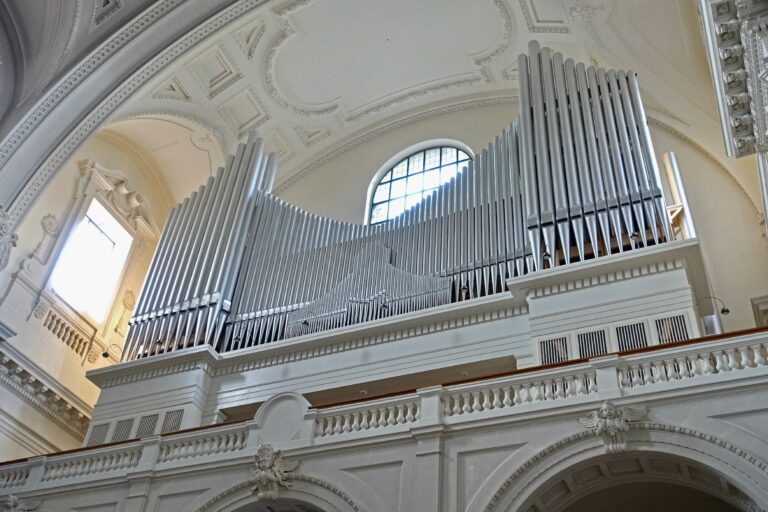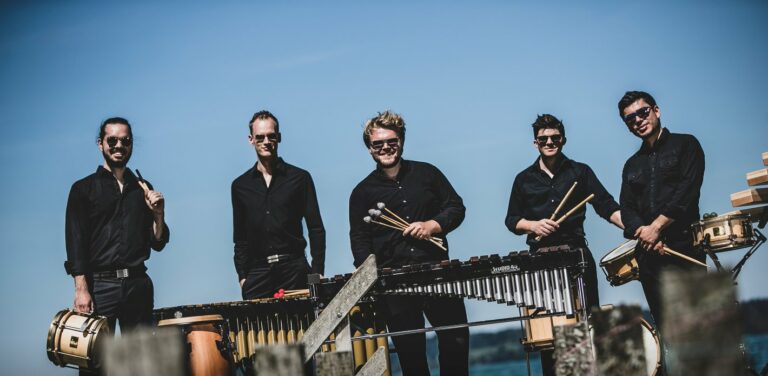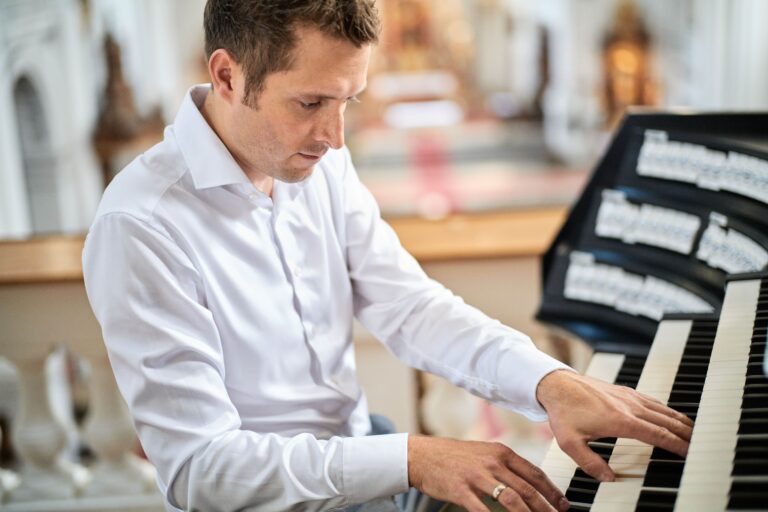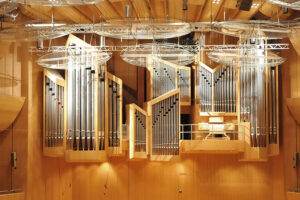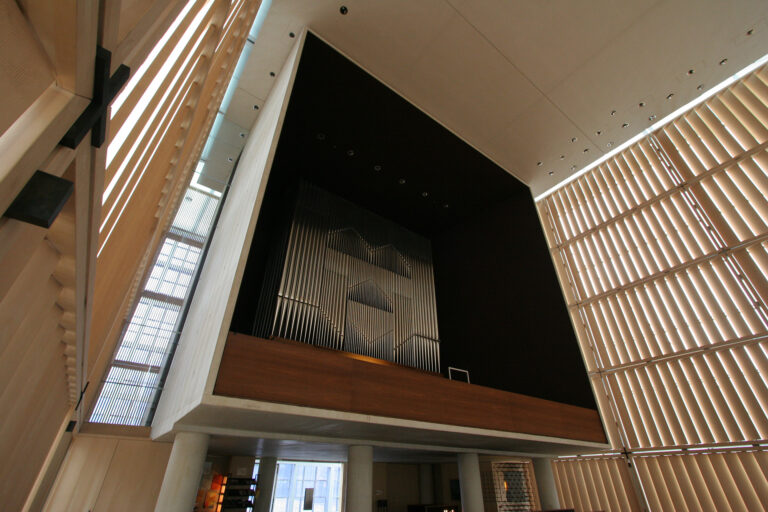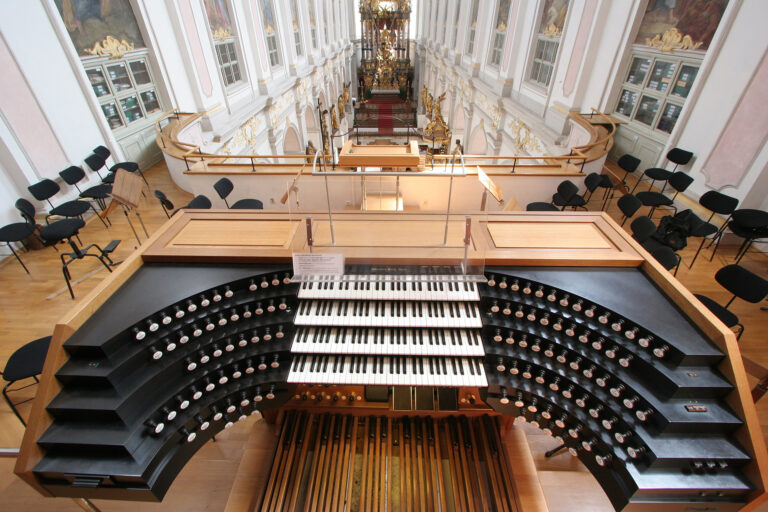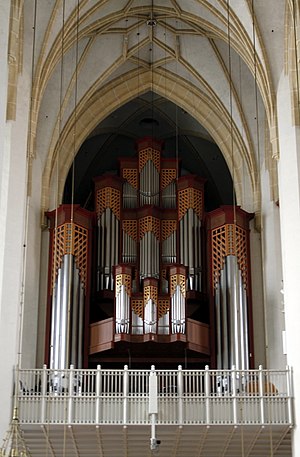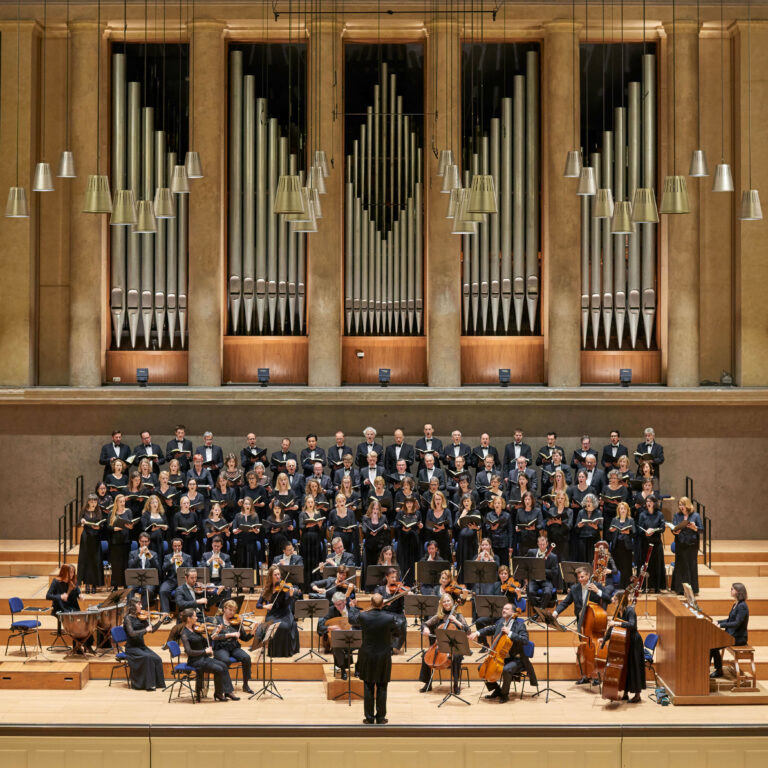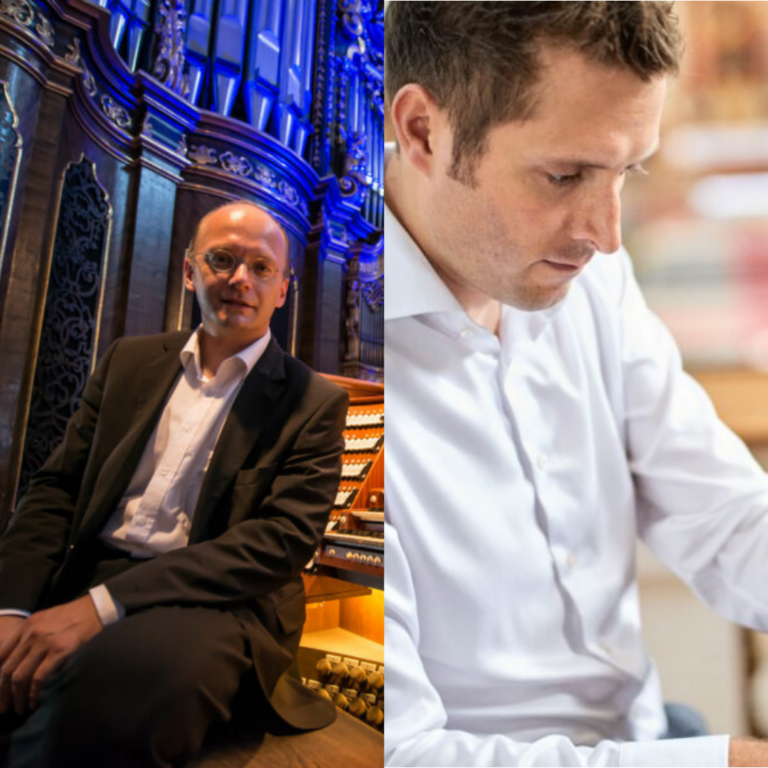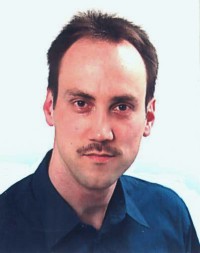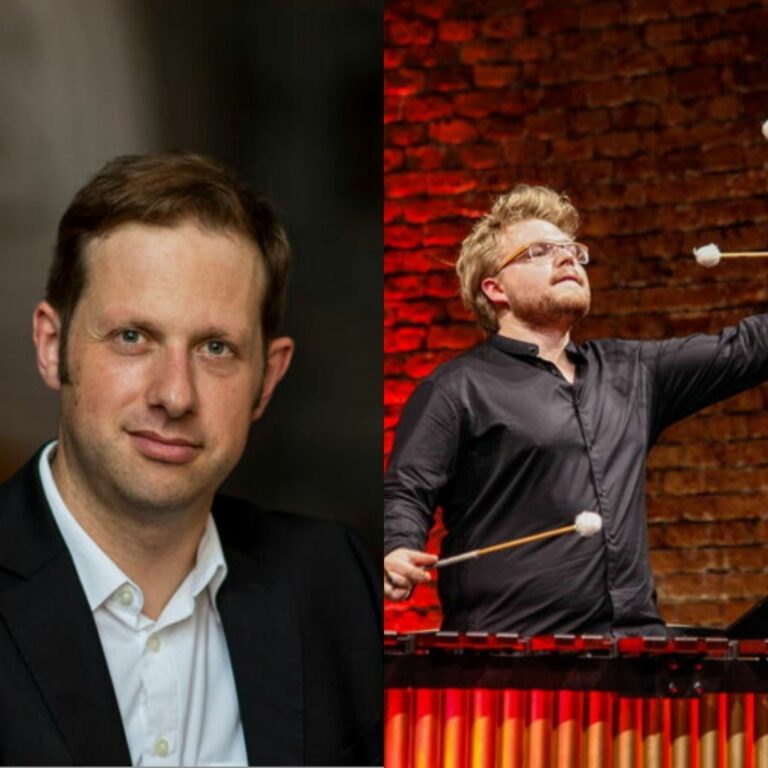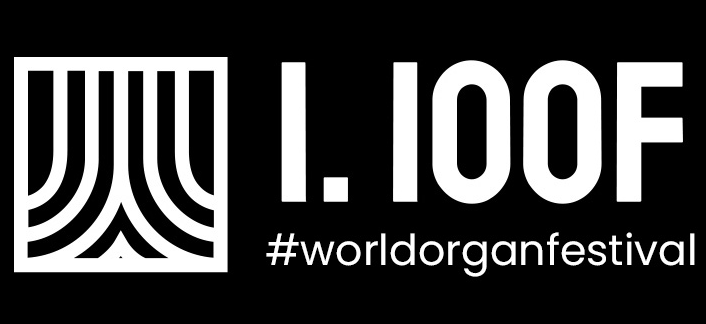Munich is rich in impressive churches, outstanding organs, as well as ambitious musicians and ensembles. Our Munich film presents only a small part of this great wealth.
Included are the oldest and the newest churches in Munich as well as the most interesting instruments! In addition, the Bach Choir and Bach Orchestra will feature, two ensembles which for decades have contributed to the excellent reputation of the music city of Munich. And finally, a brilliant work for organ and percussion from the pen of Enjott Schneider is to the creative spirit of the metropolis on the Isar. Welcome to Munich!
Konzertpatenschaft: Waldkircher Orgelstiftung und Deutschen Orgelstraße www.deutsche-orgelstrasse.de
München ist reich an beeindruckenden Kirchen, hervorragenden Orgeln und ambitionierten Musiker:innen und Ensembles. Unser München-Film präsentiert mit seinen sieben höchst unterschiedlichen Teilen nur einen kleinen Ausschnitt aus dieser überwältigenden Fülle. Mit dabei sind die älteste und die neueste Kirche Münchens sowie die interessantesten Instrumente! Außerdem mit dem Bach-Chor und Bach-Orchester zwei Ensembles, die seit Jahrzehnten zum ausgezeichneten Ruf der Musikstadt München beitragen, genauso wie die junge Christian Benning Percussion Group. Und schließlich belegt ein fulminantes Werk für Orgel und Percussion aus der Feder von Enjott Schneider den kreativen Spirit der Isar-Metropole. Willkommen in München!
Konzertpatenschaft: Mit freundlicher Unterstützung der Waldkircher Orgelstiftung und der Deutschen Orgelstraße www.deutsche-orgelstrasse.de
